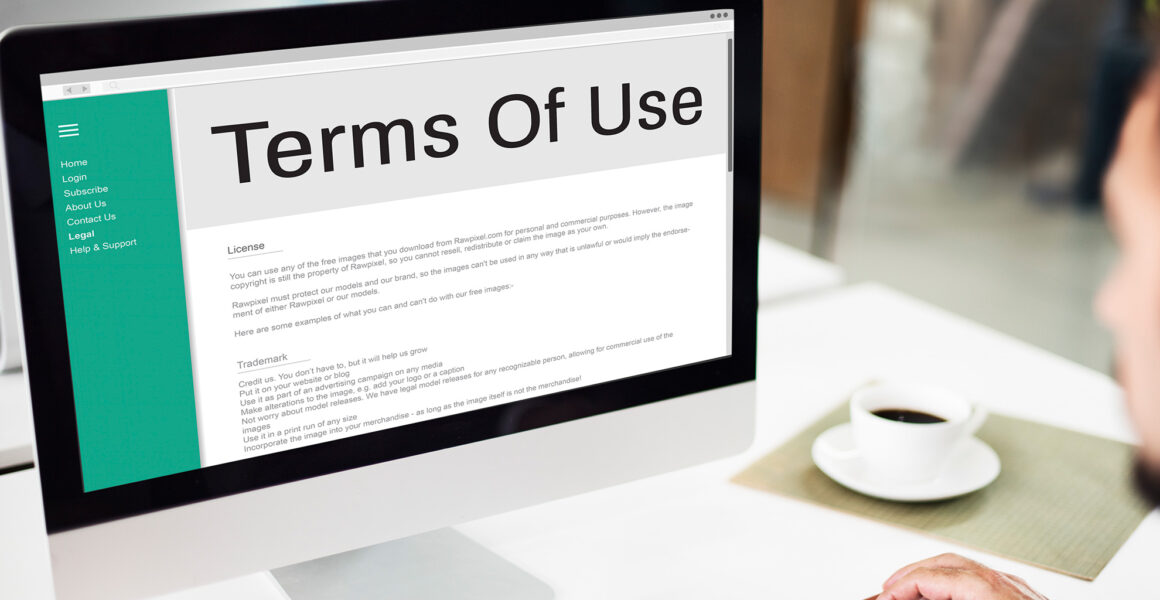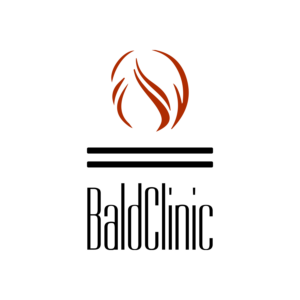
- Automotive, Beauty, Blogs, Business, E-commerce, Education, Entertainment, Finance, Food, Health, Home, Lifestyle, Non-profit, Parenting, Real Estate, Services, Sports, Technology, Travel, Wedding
- 25 Apr 2023
- user
Understanding Trademark Infringement, Domain Disputes, and Best Practices for Protecting Your Domain Name Assets
When it comes to registering and managing domain names, there are important legal considerations that website owners and businesses need to be aware of. From trademark infringement to domain disputes, understanding the legal aspects of domain name registration is crucial to protecting your online assets. In this article, we will explore the legal considerations involved in domain name registration and provide best practices for safeguarding your domain name assets.
Trademark Infringement
Trademark infringement occurs when a domain name is registered or used in a way that is likely to cause confusion with a registered trademark. This can result in legal disputes and potentially expensive consequences. It’s important to conduct thorough research to ensure that your chosen domain name does not infringe on someone else’s trademark. Here are some best practices to consider:
Conduct a trademark search: Before registering a domain name, conduct a comprehensive search to determine if it conflicts with any existing trademarks. Search the databases of the U.S. Patent and Trademark Office (USPTO) and other relevant trademark databases in your country.
Seek legal advice: If you have concerns about trademark infringement, it’s best to seek legal advice from a qualified intellectual property attorney. They can help you assess the risks and provide guidance on how to proceed.
Avoid deliberate similarity: Avoid intentionally registering a domain name that is similar to an existing trademark. This can be seen as bad faith and may result in legal repercussions.
Example: If the trademarked brand name is “XYZ Shoes,” registering a domain name like “XYZShoesSale.com” or “XYZShoesOutlet” could be considered trademark infringement.
Domain Disputes
Domain disputes can arise when multiple parties claim rights to the same domain name or when a domain name is registered or used in bad faith. Domain disputes are often resolved through legal proceedings or domain dispute resolution mechanisms, such as the Uniform Domain-Name Dispute-Resolution Policy (UDRP) or the World Intellectual Property Organization (WIPO) arbitration process. Here are some best practices for avoiding domain disputes:
Register relevant domain extensions: Register domain names with relevant extensions, such as .com, .org, .net, etc., to protect your brand and minimize the risk of domain disputes.
Register common misspellings: Register common misspellings or variations of your domain name to prevent others from registering similar domains and potentially causing confusion.
Use a reputable domain registrar: Choose a reputable domain registrar with clear terms and conditions to ensure that your domain registration is legitimate and protected.
Keep contact information updated: Keep your contact information with the domain registrar updated and accurate to ensure that you receive important notifications about your domain registration and any potential disputes.
Example: If your website is “ABCCompany.com,” consider also registering “ABCCompany.net,” “ABCCompany.org,” and common misspellings like “ABCCompany.com” to prevent others from registering similar domains and causing confusion.
Best Practices for Protecting Your Domain Name Assets
In addition to trademark infringement and domain disputes, there are other best practices to consider for protecting your domain name assets. These include:
Use strong passwords: Choose strong and unique passwords for your domain registrar and DNS provider accounts to prevent unauthorized access.
Enable two-factor authentication: Enable two-factor authentication (2FA) for your domain registrar and DNS provider accounts to add an extra layer of security.
Regularly monitor your domain name: Regularly check the WHOIS database and monitor your domain name to ensure that it is still registered in your name and that there are no unauthorized changes.
Renew domain name on time: Ensure that you renew your domain name registration on time to avoid accidental expiration and potential loss of ownership.
Keep records of domain registration: Keep copies of all registration records, including registration dates, renewal dates, and registration confirmation emails, for future reference and evidence in case of any disputes.
Register for longer terms: Consider registering your domain name for longer terms, such as multiple years, to ensure continuity and minimize the risk of losing your domain due to accidental expiration or oversight.
Purchase domain privacy protection: Consider purchasing domain privacy protection to keep your personal information, such as your name, address, and phone number, private and protected from potential misuse or abuse.
Be cautious of unsolicited offers: Be cautious of unsolicited offers or emails from unknown parties claiming to sell or transfer your domain name. These may be scams or attempts to gain unauthorized access to your domain name.
Example: Keeping thorough records of your domain name registration, renewal dates, and registration confirmation emails can help you provide evidence in case of any disputes or legal issues related to your domain name ownership.
In conclusion, understanding the legal aspects of domain name registration is crucial for protecting your online assets. Trademark infringement, domain disputes, and other legal considerations can have serious consequences for your domain name ownership and online presence. By following best practices such as conducting thorough trademark searches, registering relevant domain extensions, using strong passwords, enabling two-factor authentication, and keeping records of domain registration, you can safeguard your domain name assets and minimize the risk of legal disputes. It's always advisable to seek legal advice from a qualified attorney if you have any concerns or questions about the legal aspects of domain name registration and management. Remember, your domain name is an essential part of your online brand identity and should be protected accordingly. Taking the necessary steps to ensure legal compliance and protection of your domain name can contribute to the long-term success and credibility of your online presence.
Post Views: 149



















